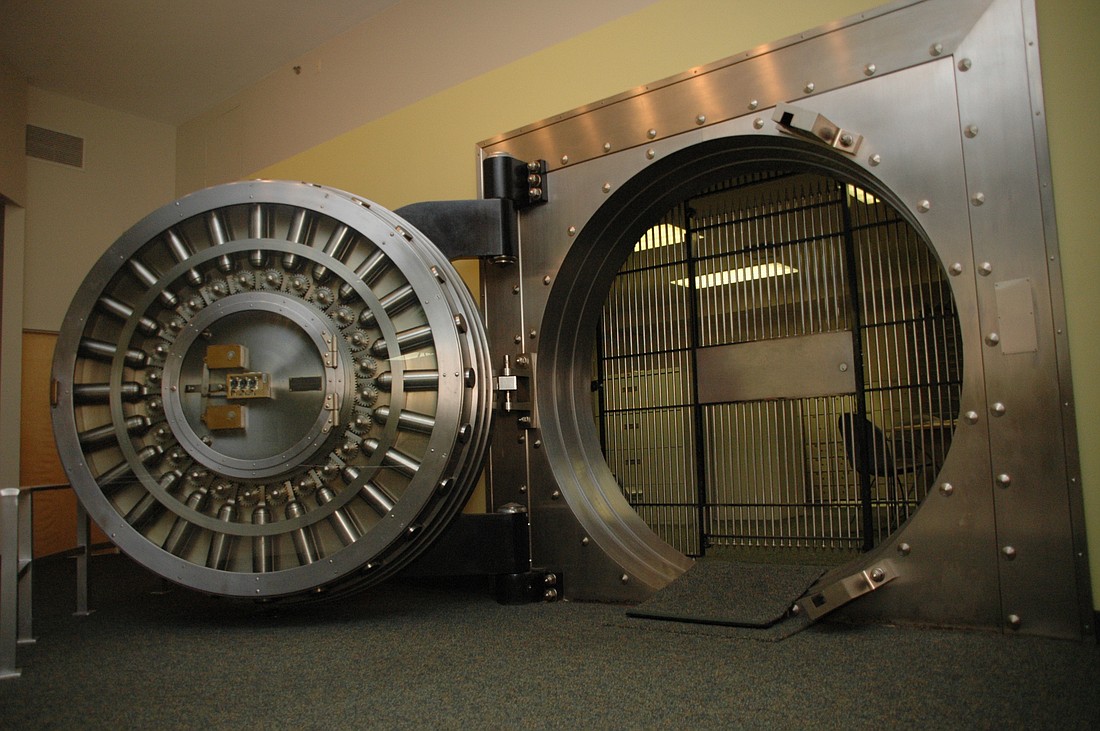- April 25, 2024
-
-
Loading

Loading

Women working on Wall Street may be waning, but some of Winter Park’s finance-working women say they’ve seen little change in gender distribution.
The Federal Bureau of Labor Statistics reported recently that 2.6 percent, or 141,000, women, have left the finance industry in the last decade.
“Honestly, if women are leaving banking, it’s news to me,” said Isa Cusack, executive vice president and director of marketing and business development for First National Bank of Central Florida.
Both she and Anne Fray, senior executive vice president and chief credit officer for BankFIRST, agreed that in each of their 30-year careers working in the banking industry in Central Florida, they have seen no change in the gender ratios of their business.
Fray said the only shifts she has witnessed have been those of necessity due to the recession. She said even she has adapted from her background in lending to take on her chief credit policy role as her company needed her.
“There’s a lot of women who are still in banking and plan to stay in banking, but sometimes their roles are shifting,” she said. “…I think you see those who are adaptable switching to different areas of the bank as the times may call for.”
One explanation for why Fray believes the Central Florida industry has not mirrored Wall Street is because of the differences of the two markets: Wall Street is focused on corporate banking and deal making, while in Central Florida there is a trend toward community banking. Also, the recession has hit Wall Street hard; with banks merging there are often far less jobs for everyone, not just women, Cusack said.
“As companies strive to ‘do more with less’ in a difficult economy, people who distinguish themselves through their ability will be the ones who retain their positions and will be rewarded for their effort,” she said.
More money men
The data review also reported that, in the past 10 years, males have increased in the finance industry by 9.6 percent. That’s 389,000 additional men.
This gender discrepancy overall can be rooted in the review’s most staggering statistic: the number of women entering finance-industry jobs from ages 20-24 fell 21.8 percent during this same time period.
Anthony Byrd, chair for the department of finance at the University of Central Florida, said enrollment of the number of women pursuing degrees in finance has consistently lagged behind males.
As of the fall 2010 semester enrollment totals, there were 293 women and 648 men declared finance majors. These numbers are consistent looking back at the records from recent years.
“I have no idea why the gender gap is so wide — if you find out let me know so I can try and do something to fix it,” he said with a laugh.
Danielle Tillman, a senior at UCF double majoring in finance and marketing, said the only reason she can think that women aren’t pursuing finance jobs is because of stuffy stereotypes that come with the profession.
“Girls, especially my age, tend to focus on jobs where they can be interactive with other people,” she said. “I think that there is a stereotype in fields like this that you’ll be kind of closed off in an office in front of a computer, not really interacting with people or really being creative. I think a lot of girls just don’t find that appealing.”
Tillman doesn’t mind the 30 percent female, 70 percent male ratio. In fact, she thinks it might be beneficial to her in the future.
“If anything, being a female makes me stand out more in the industry than the males. I can do the work just as well as they can, if not better,” she said. “…If I go to an interview and there are mostly males interviewing for the same job, I guess it really depends on the employer, but I feel like being a female kind of gives me a definitive edge that might help me get a job.”
Anne Fray agreed that sometimes being a woman in banking can be an asset, especially during tough economic times, but for other reasons.
“I think that women have such good intuition in general about people and situations and it’s very much needed right now during these recessionary times,” she said. “…You see a lot of need and hurt out there right now.”
Fray also touched on the fact that she has watched many of her industry friends temporarily leave the business to raise their families.
“For the women I know who left it was totally a choice to exit and totally a choice to come back,” she said.
Although at 21, Tillman’s current lifestyle doesn’t include balancing work and a family, she said she could understand that the struggle of doing so could lead some women to want to leave the workforce to take care of their families.
“I think there’s a lot of standards in society,” she said. “Even to this day, where women have every opportunity to be equal to men, I think women in a lot of ways still crave sort of traditional relationships with being moms and wives.”